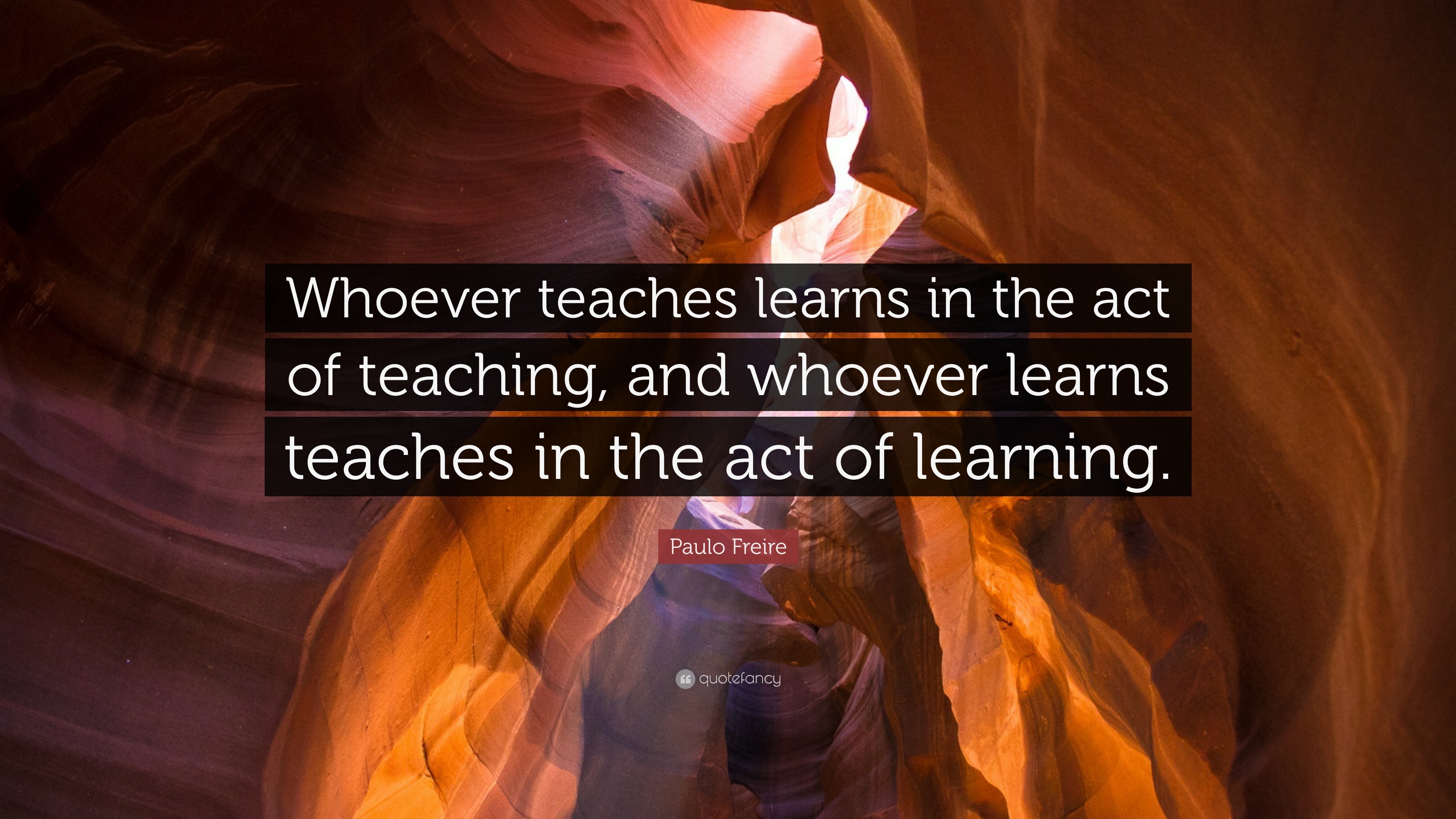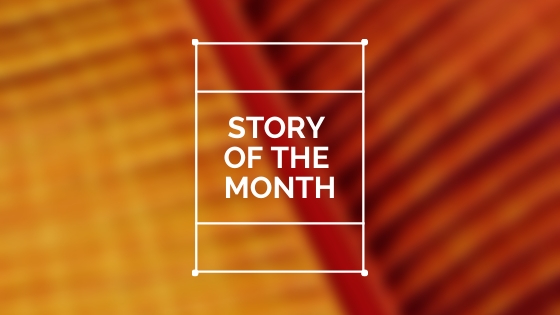The process of learning is hardly ever complete within the classroom – the learning beyond the classroom is also essential for the overall development. The lessons we learn outside the classroom are equally, if not more, important than the ones we learn inside. Outside the class – we learn how to live life – the most important lesson of all.
Learning beyond the classroom takes a student out of the educational “closet” – so to speak – and places them directly into the “real” world. Students have been found to better grasp skills and concepts that are presented to them directly and in context. When learners are “hands-on,” it allows them to reach an entirely new level of understanding.
In my active role as a professor of management and strategy over the past decade, I came across many students who were not great as scholars. They did not score high grades either. But then, they were brilliant as all-rounders and adopted to the real world very well. Then, there were also many backbenchers who often bunked classes. Eventually, they became successful as businesspersons and entrepreneurs. The point I am trying to make is — the holistic development of a student’s personality is not directly related to the classroom performance. There are umpteen of peripheral factors that come into play and impact the eventual outcome.
The time spent in co-curricular activities or college festivals and cultural programs or even something as ordinary as eating with friends in the college canteen, all these experiences shape who we are. For the most part, we remember these moments more than we actually remember lessons and syllabi. Showing up for friends and their families when they need us most, chipping in to help a junior or pursuing hobbies that seem inconsequential all add up to the final tally.
The teacher looking at the ceiling fan at the corona treatment facility run by the state government was about to pick up a book to read when the phone rang. It was an unregistered number and usually, she avoids such calls. However; alone at the hospital with nothing else to do, she decided to pick it up.
The firm male voice introduced himself, “Good day Madam I am Souji Gopal Krishna calling from Dubai. Am I speaking to Seema Miss?”
The teacher was curious about who would that be. “Yes, you are talking to Seema.”
After a pause, he continued, “Madam a few years ago, you were my class teacher when I was in class 10!”
The teacher couldn’t place him. She said, “I am admitted to the hospital with Covid 19. Is it anything important or can you call me later?”
Souji said, “Madam I came to know about your illness from Subbu, the class topper of batch 1995.”
The teacher said, “Well, I know Subbu quite well, but I am unable to place you.”
“Madam,” Souji interrupted, “hope you would recollect the tall dark boy who was your biggest headache. I was at the backbench! “
The teacher laughed at the thought of the backbenchers!
The conversation was getting interesting and she kept the book down on the side table. She pulled up the pillow against the headboard and made herself comfortable and asked, “how come you remember me now, all of a sudden?”
“Madam,” Souji said, “when I came to know that you are hospitalized, I thought of organizing a conference call with all the available friends of the class of 1995.” He continued, “I managed to get 7 of us online. They are listening to our conversation madam. We just called to wish you a speedy recovery.”
The teacher was suddenly fumbling for words, after a long pause, she asked, “Now tell me about you. Where are you?”
Souji continued, “Madam, I am in Dubai, I run my own business of logistics. I came here in search of a job and finally ended up as a successful entrepreneur. There are about 2000 people at my establishment. When we were in class 10, you were a terror when it came to discipline. But at the same time, you generously extended support and instilled confidence in the noisiest and unruly fellows at the backbench. I was their leader at the backbench.
Madam, I got the maximum amount of impositions from you, quite often you made me stand outside the class and sometimes inside the class, stand up on the bench. All those experiences standing outside the class and sometimes towering over everyone in the class, standing on the bench, etc, helped me later in life. The standup exercise up on the bench has actually helped me to get a bird’ eye view over the entire class. I am applying those lessons in my life and business. Madam, Whatever I am today I owe it to you.”
The teacher was at a loss for words. She was choking back tears. As Souji went on with his story, the teacher went back a few decades to the class of 1995. She was deep in thought, trying to recollect fragments of the past…
“The class of 1995. Yes the tall dark fellow in the class, he was the leader of nuisances! Always late in class.
The guy who used to bunk classes and go to movies! The one who never used to do homework. The guy who repeatedly came to the teachers’ room to negotiate on the impositions.
The nightmare of teachers and the darling of the class!
Yes, he was well accepted by his friends.”
Her train of thoughts was interrupted.
“HELLO TEACHER,” said the voice on the other end of the line. “Teacher, are you there?”
She said, “yes I am.” She continued, “Souji, I never heard of you after school. I am so surprised and happy that you called, and had your friends join in on this conference call too! Tell me about each of you.” Of the other six in the group call, there were three engineers from three continents. One doctor from Delhi, A priest who is at Shillong, and finally Subbu the class topper. Subbu said, “Madam, I am a chartered accountant. I am the CFO of Souji!”
The teacher couldn’t believe it!
He added, “Yes madam, before joining Souji I was with a leading Consultancy, but working with Souji, I am a satisfied professional and a happy family man.”
By the time each of them had narrated their stories, it was almost 40 minutes, Souji apologized for the long call and wished his beloved teacher a speedy recovery and a promise to meet her during his next trip to Kerala.
Alone at the Covid 19 isolation ward, the teacher was in tears.
Happiness swelled her heart. She thought— “Here is a boy who applied all his out of syllabus and out-of-class lessons in real life!
By standing on the last bench, he developed a birds-eye view.
By standing outside the class, he had a larger vision than all the others who were limited within the 4 walls. By getting caught for bunking class, at a very young age, he learned to mitigate and overcome risks. He acquired the art of negotiation by coming to the teachers’ room during lunch hours to reduce the number of impositions. The marks I thought he had lost for Maths were actually saved by him for real-life application & Subbu who got 100 % for maths seems to be working with the numbers saved by Souji.
Amazing!”
This story is inspired by a real-life episode of a high school Principal. This fable is dedicated to the innumerable entrepreneurs out there who believe that
10 % of learning is from school.
20 % from peers and
70 % on the go
For almost two years now, this lockdown due to the pandemic has taken a heavy toll on children. There are so many lost opportunities for character-building. Sitting at home & learning digitally, they may score marks. But, what about life application? We need both the Soujis and Subbus in our society to evolve! Don’t you think?


















